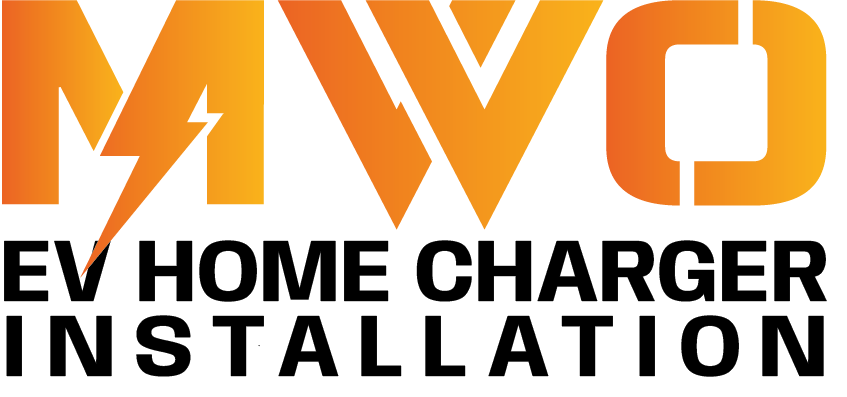FAQ
FAQ - EV Charging Levels
In North America, all EVs except Tesla use the J1772 or “J-Plug” connector for Level 1 and Level 2 charging. For Level 3 charging, there are three standards currently in use: Tesla uses its proprietary plug, Nissan and Mitsubishi use CHAdeMO, and other manufacturers use CCS or “Combo” plug.
A Level 2 EV charger requires a dedicated 240-volt circuit like that of an electric clothes dryer or electric kitchen range. Most homes in the US can add a circuit for a Level 2 charger without the need to upgrade the service.
Level 2 chargers range from $250 to $1,000, while installation typically ranges from $200 to $1,000, and even thousands if a service upgrade is required. A licensed electrician’s advice is recommended before purchasing an EV to know the cost of installing home charging equipment in advance. A federal tax credit can offset up to 30% of the buying and installation cost, effective until the end of 2021.
Every electric vehicle comes with a portable charger, which could be Level 1, Level 2, or adapters for both. It is recommended to check the power output of the standard charger and see how it matches charging needs based on daily mileage.
Tesla Superchargers are only for Tesla vehicles, and the network is proprietary and exclusive to Tesla customers.
Level 3 chargers are operated by private charging networks, and pricing varies widely from network to network. Charging on a Level 3 charger will almost always cost much more than charging at home, and some locations can cost 2 to 3 times as much. At that point, the cost to drive on electricity is nearly the same as that of driving using gasoline, although with lower total emissions.




